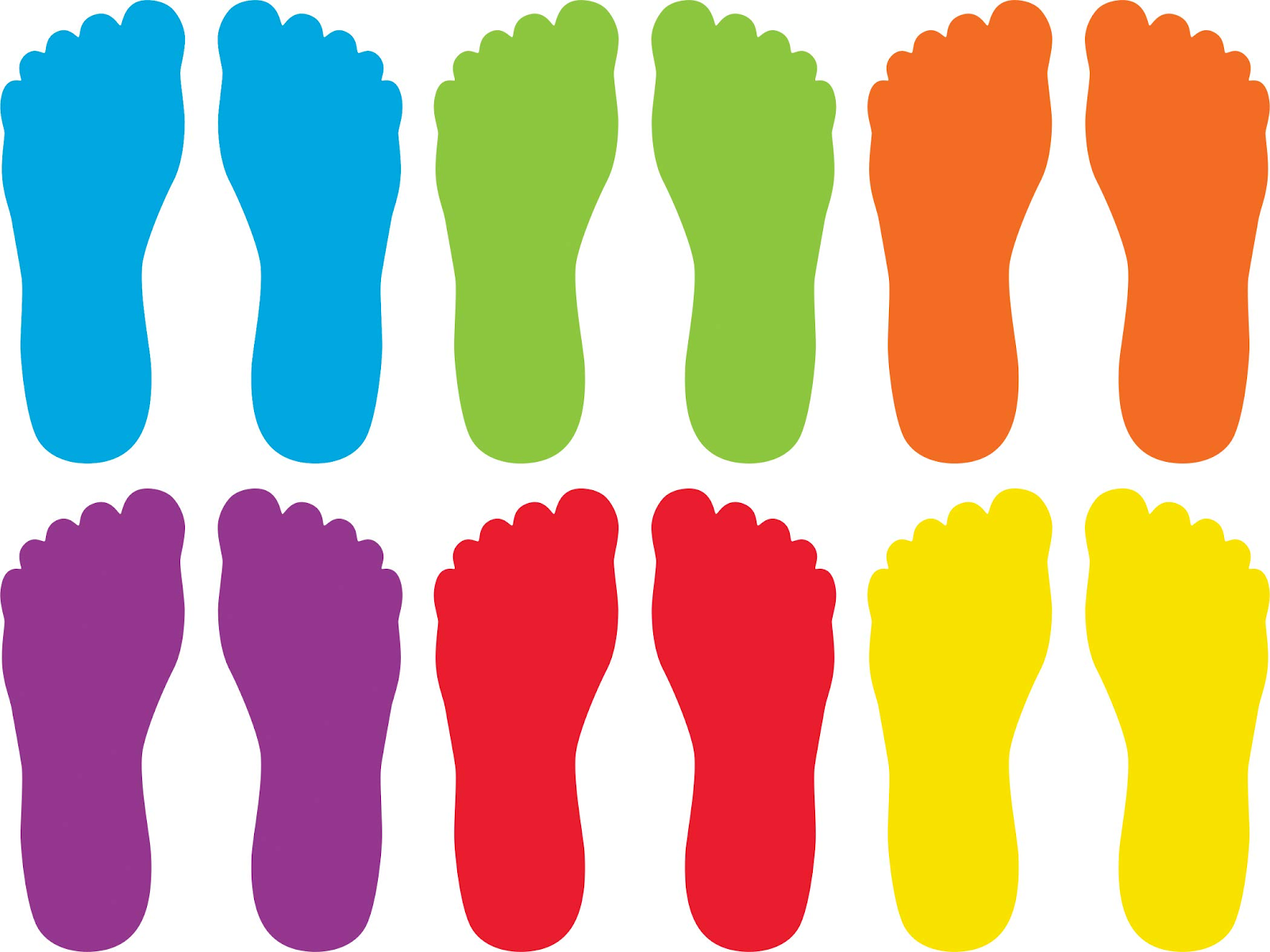Hopeful Thinking - Saturday, June 25, 2022 - Forgiving Oneself

Like many of us, I’ve made a few less-than-intelligent choices in my life. Most have caused no lasting repercussions, but others I’ve had to work to avoid living in a constant state of regret over the harm they’ve caused. Generally, it’s been only harmful to me, but not always. Nothing terribly major. Some hurt feelings here and there, but enough to make me feel guilty. And I have an unfortunate tendency to ruminate on things like that. Some of my less-than-optimal actions become guilt-fodder for decades, despite the fact that they weren’t all that bad in the first place. Once, years ago, I paid a compliment to a local store owner for the renovations she’d made inside her shop. I followed up by saying, “and now you can do something about the exterior.” Not only was that rude on its own, but what I hadn’t realized was that she’d just finished the exterior renovations that week and I hadn’t even noticed them on the way in. She was immediately hurt. This, of course, was no earth-shatterin...











